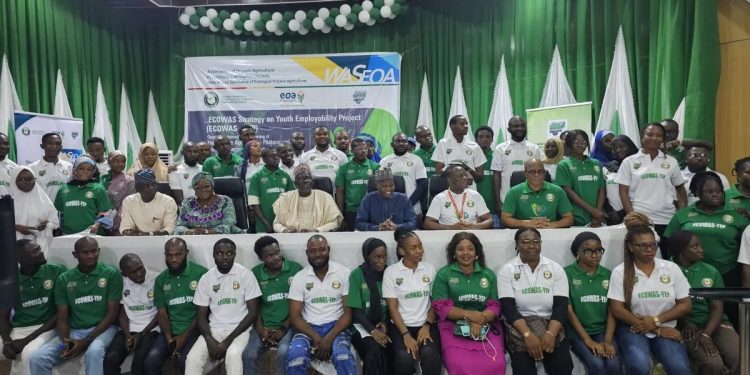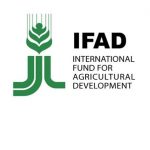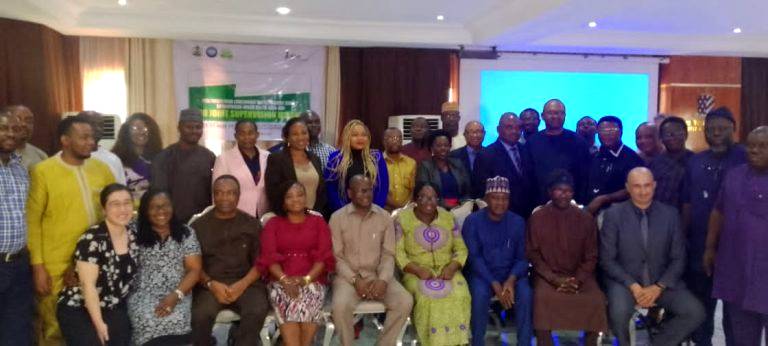Nigerian smallholder farmers have earned more than $40 million in agricultural sales through the Federal Government and IFAD-supported Value Chain Development Programme (VCDP), a major initiative transforming rural agribusiness across the country.
Speaking at the inception workshop of the 12th Joint FGN–IFAD Supervision Mission in Abuja, IFAD Country Director, Dede Ekoue, highlighted the programme’s impact on food systems, productivity, and rural livelihoods. With a total investment of $334 million, the VCDP focuses primarily on rice and cassava value chains, equipping farmers with improved practices, market access, and partnerships.
Ekoue revealed that rice yields under the programme have soared to 5–6 metric tonnes per hectare, far above the national average of 2–2.5 tonnes. Through the Commodity Alliance Forum, a platform that links farmers, processors, and off-takers over 878 formal agreements have been signed, enabling more than 16,000 rice farmers to access stable markets and fair pricing.
“These achievements reflect the strength of collaboration among government, communities, the private sector, and IFAD,” she said, noting that the programme aligns with national priorities such as the Renewed Hope Agenda, NATIP, and the AU Kampala Declaration on agricultural transformation.
Beyond market access, the VCDP has empowered over 39,000 individuals, including 12,000 youth and 22,000 women, through training in income-generating activities. Beneficiaries are transitioning from subsistence farming to commercially viable agribusinesses, with many now employing labour and accessing credit.
The programme has also encouraged innovation and sustainability by converting agricultural by-products into briquettes and animal feed, opening new enterprise avenues for women and young entrepreneurs. Under the Adaptation for Smallholder Agriculture Programme (ASAP), climate-smart practices, digital weather tools, irrigation infrastructure, and erosion control have been introduced to strengthen resilience to climate risks.
National Programme Coordinator, Fatima Aliyu, affirmed that the initiative has proven that smallholders can operate at scale. “Our farmers are no longer just producers; they are employers and business owners,” she said.
Officials from the Federal Ministry of Agriculture and Food Security, including Iluromi Adebola, described the VCDP as one of the government’s flagship agricultural efforts, currently active in Niger, Nasarawa, Kogi, Benue, Enugu, Ebonyi, Taraba, Anambra, and Ogun States.
With IFAD’s approval of a two-year extension, the ongoing supervision mission will assess progress, share lessons, and chart a path to expand the programme’s success. For many rural farmers, the VCDP has become a lifeline, turning farmlands into viable enterprises and making agriculture a credible source of prosperity.










